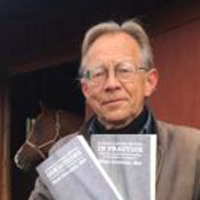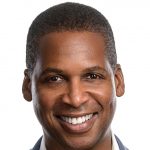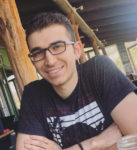
By MIKE MAGEE
Last weekend’s New York Times headline, The Moral Crisis of America’s Doctors, spotlights that there is growing concern that the monetarization and corporatization of nursing and medical professions by hospital and insurance power houses, have seriously undermined the mental health and ethical effectiveness of health care professionals. The pandemic has only heightened the crisis.
Since focusing on the social science of Medicine in the 1990’s in Philadelphia, it has been an uphill battle to convince leaders in and out of Medicine that doctors and nurses are critical to individual and societal success. Recently, I’ve come to the conclusion that this may have more to do with a general lack of knowledge of our form of governing, democracy, than a misunderstanding of the stabilizing effect of professional doctors and nurses.
What is democracy? For an answer I turned to John J. Patrick PhD, professor emeritus in history, civics and government at the Indiana University. In his “Understanding Democracy,” he explains that democracy as we know it is a “startling new development.” The practice of rule (krater) by the people (demos), or “demokratia,” dates back 2500 years to Athens, Greece. Citizens did rule by majority vote, but only free males of Greek descent could rise to the status of “citizen.” In those days, individual freedoms took a back seat to unconditional support of the city-community.
Establishing a modern democracy in America has been a bit of a struggle.
Continue reading…

















